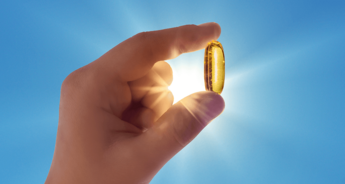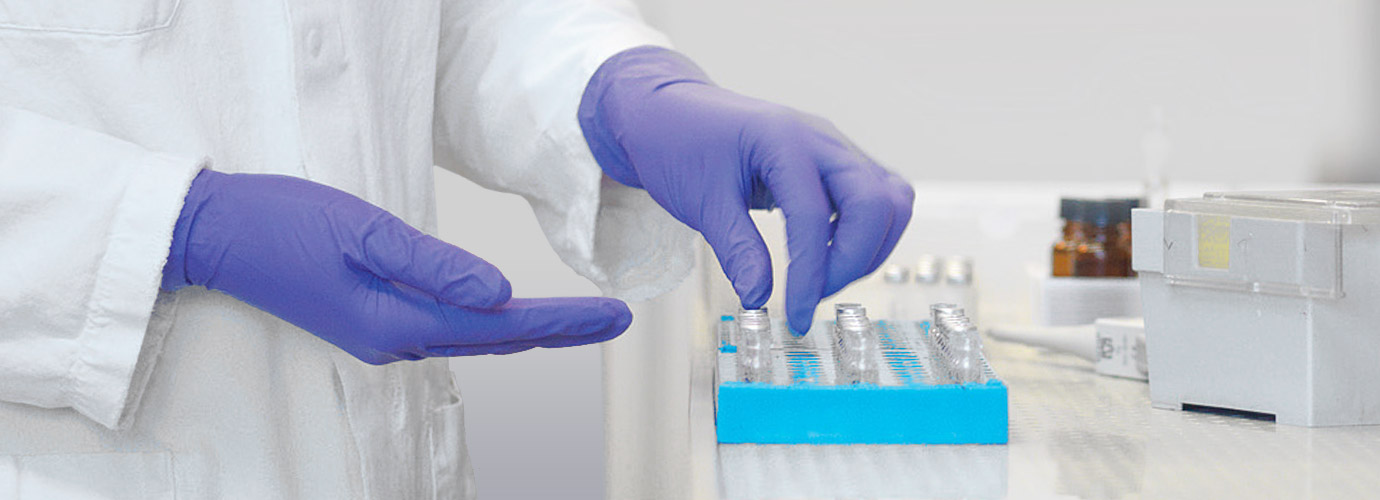Children who suffer from seizures may benefit from vitamin D supplements

02.2025
Author Dr. Martin Claßen, Bremen
Anticonvulsant medication is the main treatment for children who suffer from seizures. Some of this medication has negative impacts on the vitamin D balance, which means vitamin D levels need to be monitored. In a randomised, controlled study in Saudi Arabia, 163 children aged between 2 and 16 with epilepsy who were taking anticonvulsant medication were given different doses of vitamin D (400 IU versus 1000 IU), after an existing vitamin D deficiency was first corrected. The children with levels above 75nmol/l were then randomised to receive either 400 IU or 1000 IU vitamin D. After 3 months, the levels and calcium metabolism parameters were measured.
90 children were given anticonvulsant monotherapy, and 25 were given multiple anticonvulsants. At the start of the study, 74.2% of the participants had vitamin D levels below 75 nmol/l. Even after 6 months, the lower dose still resulted in reduced levels in 75%, while it was 54.8% among the 1000 IU group. However, the most remarkable finding was the increase in the number of seizure-free children in the monotherapy group from 68/98 to 82/98 (increase from 69.4% to 83.7%) after correcting the vitamin D deficiency.
Reference:
Bashiri FA, Hudairi A, Hamad MH, Al-Sulimani LK, Al Homyani D, Al Saqabi D, Kentab AY, Al Khalifah RA. Vitamin D Supplementation for Children with Epilepsy on Antiseizure Medications: A Randomized Controlled Trial. Children (Basel). 2024 Sep 28;11(10):1187. doi: 10.3390/children11101187.


